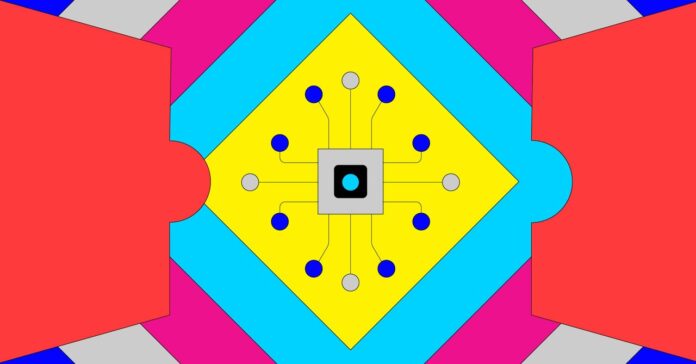In Short:
AI agents, like Anthropic’s Claude, show impressive skills in conversation and completing tasks on computers, outperforming some competitors but still lagging behind humans. While companies like Canva and Replit are testing Claude, challenges remain, especially with planning and error recovery. Experts emphasize the need for strong performance in practical tasks, while tech giants race to develop useful AI tools. Errors pose significant risks, necessitating careful controls on AI capabilities.
Demos of AI agents often impress with their capabilities, yet ensuring reliable performance in real-world applications, free from frustrating or costly errors, remains a considerable challenge. Current models exhibit near-human conversational skills and serve as vital components of chatbots, including OpenAI’s ChatGPT and Google’s Gemini. These models can execute tasks on computers with simple commands, utilizing the computer screen and input devices such as keyboards and trackpads, as well as low-level software interfaces.
Performance of Claude AI
Anthropic has asserted that its AI agent, Claude, surpasses its competitors on several key benchmarks. Notably, these include SWE-bench, which assesses software development skills, and OSWorld, which evaluates proficiency in using computer operating systems. While these claims await independent verification, it is reported that Claude achieves correct task completion in OSWorld 14.9 percent of the time—far below the human success rate of approximately 75 percent but significantly higher than the best current competitors like OpenAI’s GPT-4, which succeeds roughly 7.7 percent of the time.
Testing and Adoption
Multiple companies are reportedly trialing the agentic version of Claude. Among them are Canva, utilizing it to automate design and editing tasks, and Replit, which employs the model for coding activities. Other early adopters include The Browser Company, Asana, and Notion.
Challenges and Potential
Ofir Press, a postdoctoral researcher at Princeton University involved in developing SWE-bench, notes that agentic AI often struggles with long-term planning and error recovery. He emphasizes the need for achieving strong performance on demanding and realistic benchmarks, such as effectively planning diverse trips and booking all necessary tickets.
Nonetheless, Kaplan has highlighted that Claude demonstrates remarkable troubleshooting ability for certain errors. For instance, when confronted with a terminal error while attempting to initiate a web server, the model could adapt by modifying its command accordingly. It also recognized the need to enable popups upon hitting a dead end during web navigation.
Competitive Landscape
As the race among tech firms to develop AI agents intensifies, the deployment of such technology may soon become commonplace. Microsoft, having invested over $13 billion into OpenAI, is testing agents for use with Windows computers, while Amazon, which has made significant investments in Anthropic, is investigating how agents can recommend and potentially purchase goods for customers.
Expert Insights
Sonya Huang, a partner at Sequoia, whose focus is on AI companies, points out that despite the enthusiasm surrounding AI agents, many companies are essentially rebranding existing AI-powered tools. She observes that the technology currently excels in specific, narrow domains such as coding-related tasks. “You need to choose problem spaces where if the model fails, that’s okay,” she advises, identifying these as fertile ground for the emergence of truly agent-native companies.
A significant concern with agentic AI is that errors may have far more severe implications than mere misunderstandings from a chatbot. Anthropic has implemented restrictions on Claude’s capabilities, such as prohibiting its use of an individual’s credit card for purchases.
If AI can mitigate errors sufficiently, Press suggests this could lead users to perceive AI—and computers more broadly—in an entirely new light. “I’m super excited about this new era,” he states.





